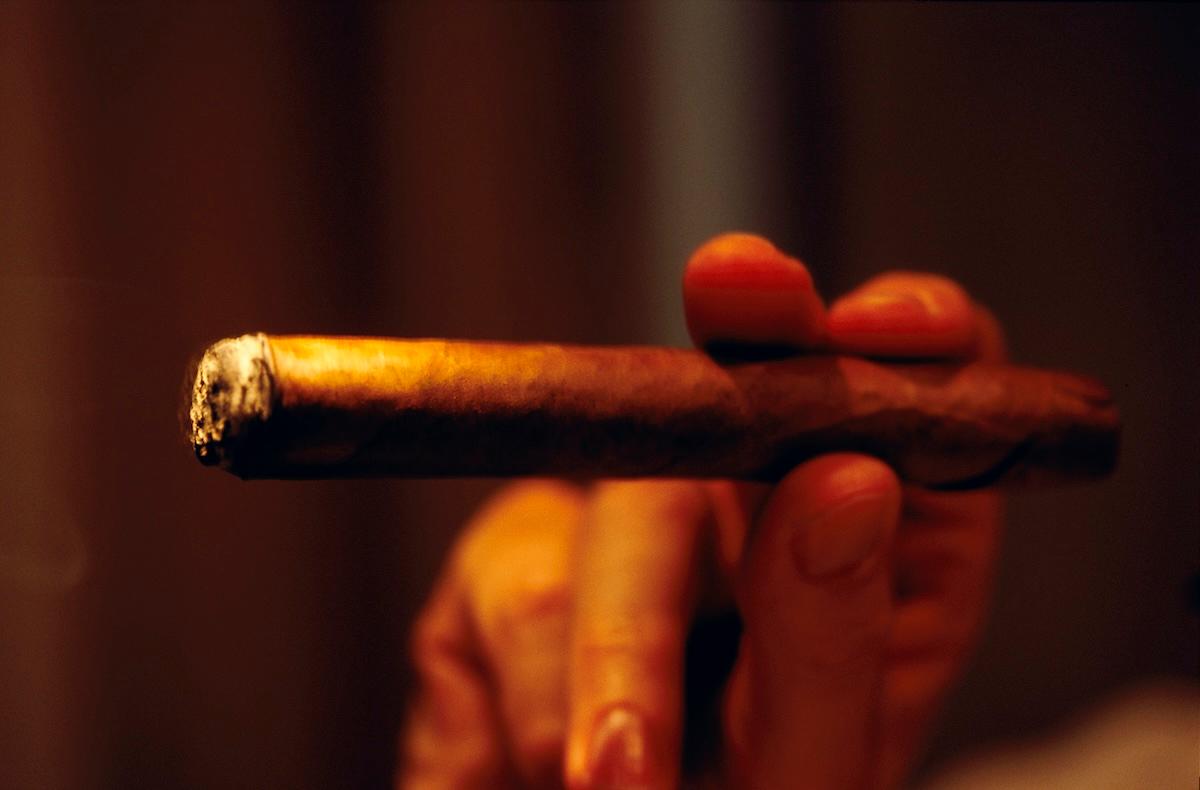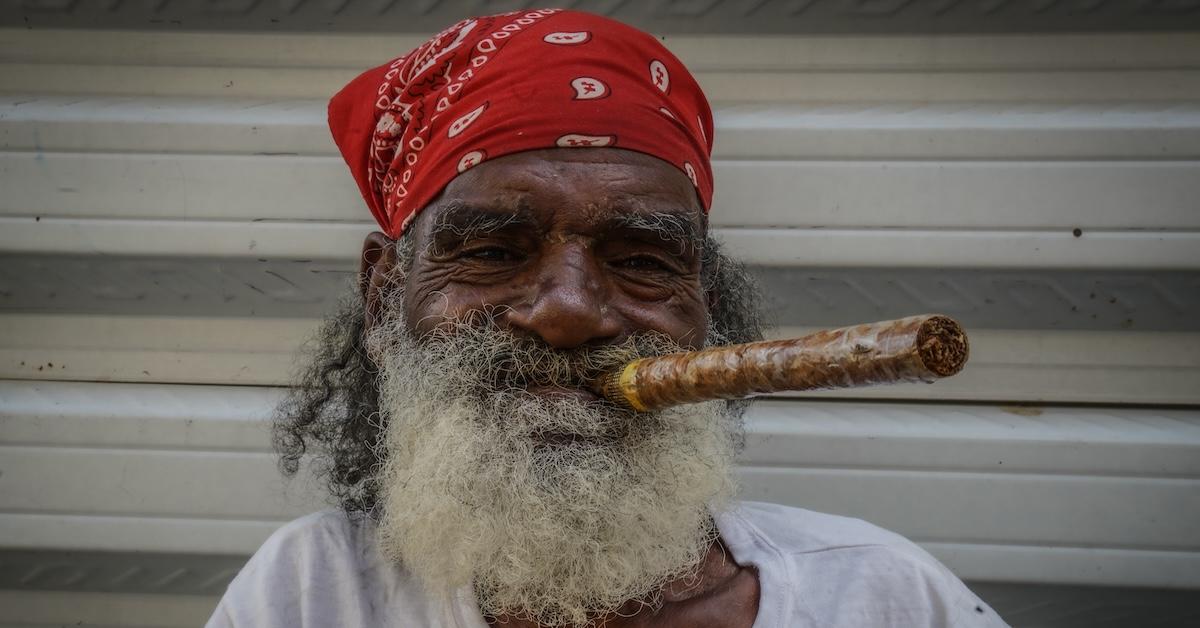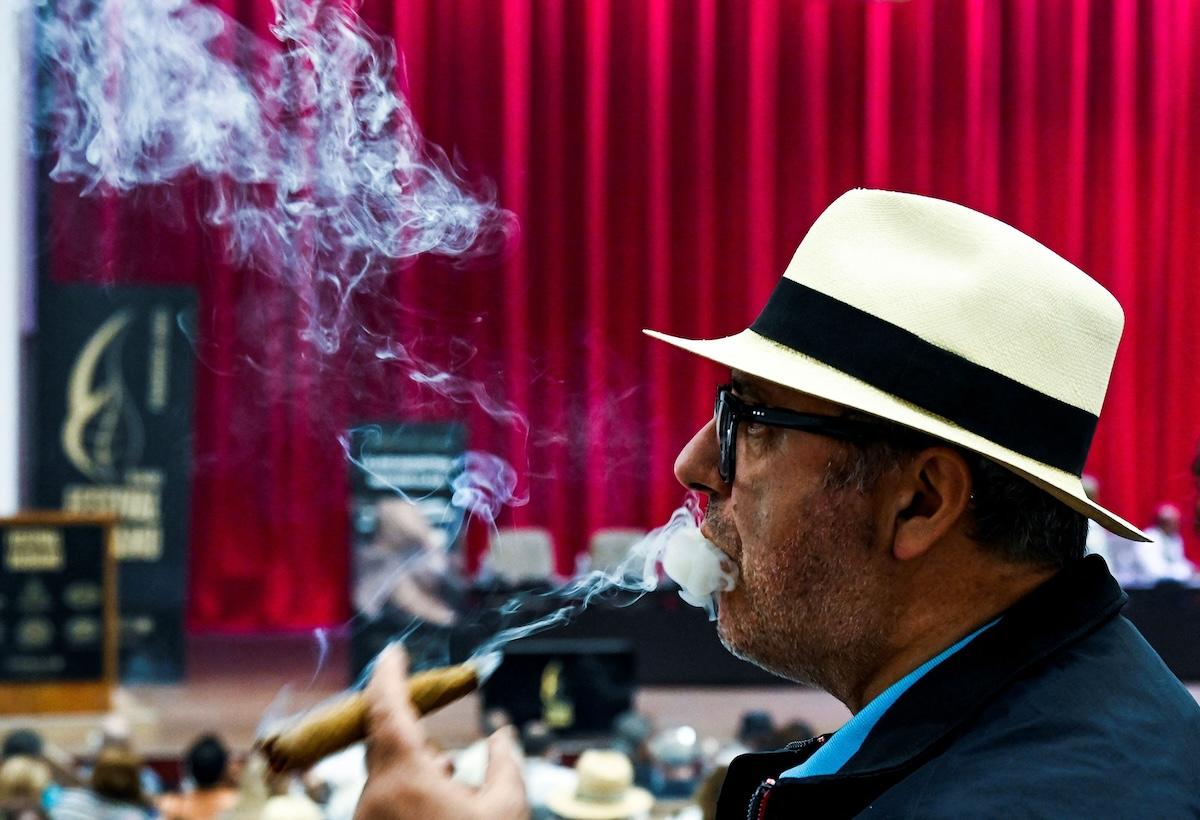Cuban Cigars Have Been Illegal in the U.S. Since 1962 — We Explore Why
Cuban cigars have been illegal in the U.S. for as long as many of us can remember. However, there are ways around the ban for most people.
Published Feb. 13 2024, 1:49 p.m. ET

A lot of weird things are illegal in America. For example, playing pinball under the age of 18 is illegal in South Carolina, and sending an unsolicited pizza is illegal in Louisiana. But one of the most perplexing laws is a nationwide ban on Cuban cigars. Ever since most of us can remember, Cuban cigars have always been contraband, which has only heightened their intrigue.
One of the top reasons to visit Cuba now is to try a coveted Cuban cigar, which is impossible to get in the U.S. Cuban cigars are sold around the world, including in countries such as the United Kingdom, Canada, and more. But over 60 years after the Cold War began, Cuban cigars are still illegal in the U.S. Why is that?

Cuban cigars are illegal because of a longstanding trade embargo with Cuba.
In 1962, at the height of the Cold War, President John F. Kennedy imposed an economic, commercial, and financial blockade on Cuba. This was to show that the U.S. didn't cooperate with communists as the U.S. was still grappling with the Red Scare after the end of World War II. Fidel Castro had just taken power in Cuba after a communist revolution, and JFK needed to show America’s dedication to capitalism and democracy.
Cigars might seem like a very specific import to ban, but they’ve grown in popularity partly because of their status as a coveted delicacy that’s hard to acquire. The ban on cigars did impact Cuba at the time and still impacts the tobacco industry today. Because of Castro’s communist regime, he nationalized every industry, including the cigar-making industry.

This meant that the government seized all tobacco farmland and cigar-making factories and combined them into one conglomerate, the Cuban state tobacco company, Cubatabaco. Cubatabaco owns Habanos S.A., which promotes, distributes, and exports all Cuban cigars. But because their production is still managed by the communist government, the cigars are still illegal after 62 years.
President Obama tried to loosen restrictions on Cuban cigars to promote better relations with Cuba.
During Obama’s presidency, he made strides toward a better relationship with Cuba, despite their dedication to communism. Cuba is America’s neighbor, so it’s better to be friendly, which many Americans support. During this time, Obama made it legal for Americans to bring back up to 100 cigars or four boxes of cigars from Cuba, as long as they were just for personal use.

However, when Trump became president, he once again restricted relations with Cuba and made it illegal to bring tobacco or alcohol from Cuba into the U.S. Luckily for us, we can still get cigars from other countries, most notably the Dominican Republic. In recent years, the production of cigars has slowed in Cuba due to climate change. In 2022, Hurricane Ian had a major impact on tobacco growth. Fields became lakes and up to 90 percent of West Cuba’s tobacco curing barns were decimated.
Plus, after America’s embargo on Cuban cigars, many professional cigar makers emigrated to the Dominican Republic to continue making their products there. This way, they could legally sell to the U.S., which is one of the world’s biggest markets for cigars. And according to Wion News, the Dominican Republic has even overthrown Cuba as the cigar capital of the world.